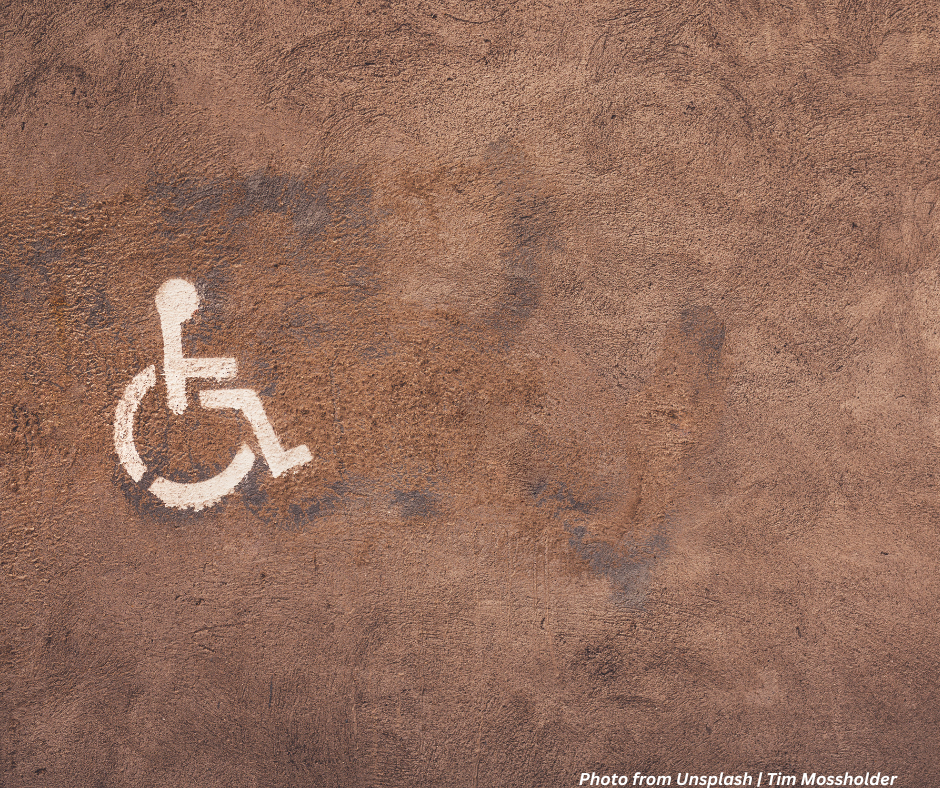
Photo from Unsplash | Tim Mossholder
The following post does not create a lawyer-client relationship between Alburo Alburo and Associates Law Offices (or any of its lawyers) and the reader. It is still best for you to engage the services of a lawyer or you may directly contact and consult Alburo Alburo and Associates Law Offices to address your specific legal concerns, if there is any.
Also, the matters contained in the following were written in accordance with the law, rules, and jurisprudence prevailing at the time of writing and posting, and do not include any future developments on the subject matter under discussion.
AT A GLANCE:
Permanent Total Disability (PTD) refers to disability due to injury or disease causing complete, irreversible and permanent incapacity that will permanently disable a member to work or to engage in any gainful occupation resulting to loss of income.
Permanent Partial Disability (PPD) arises due to the complete and permanent loss of the use of any of the following: (1) any finger, (2) any toe, (3) one arm, (4) one hand, (5) one foot, or (6) one leg, (7) one or both ears, (8) hearing of one or both ears, (9) sight of one eye, or (1) such other cases as may be determined and approved by the GSIS resulting to the disability to work for a limited period of time. (Section 23, Rule IV, IRR of R.A. No. 8291)
Disability refers to “any loss or impairment of the normal functions of the physical and/or mental faculty of a member which reduces or eliminates his/her capacity to continue with his/her current gainful occupation or engage in any other gainful occupation.” (Section 2(q), Republic Act No. 8291)
Disability may be in the form of temporary total disability, permanent partial disability or permanent total disability.
Permanent Partial Disability
The law says:
“23.2.2 Permanent Partial Disability (PPD) – arises due to the complete and permanent loss of the use of any of the following resulting to the disability to work for a limited period of time:
- any finger;
- any toe;
- one arm;
- one hand;
- one foot;
- one leg;
- one or both ears;
- hearing of one or both ears;
- sight of one eye;
- such other cases as may be determined and approved by the GSIS. (Section 23, Rule IV, IRR of R.A. No. 8291)
Permanent Total Disability
The law says:
“Permanent Total Disability (PTD) refers to disability due to injury or disease causing complete, irreversible and permanent incapacity that will permanently disable a member to work or to engage in any gainful occupation resulting to loss of income.
The following disabilities shall be deemed total and permanent:
- complete loss of sight for both eyes;
- loss of two limbs at or above the ankle or wrists;
- permanent complete paralysis of two limbs; and
- brain injury resulting in incurable imbecility or insanity.
- such other cases as may be determined and approved by the GSIS” (Section 23, Rule IV, IRR of R.A. No. 8291)
“Disability should not be understood more on its medical significance but on the loss of earning capacity. Permanent total disability means disablement of an employee to earn wages in the same kind of work, or work of a similar nature that she was trained for or accustomed to perform, or any kind of work which a person of her mentality and attainment could do. It does not mean absolute helplessness.” (GSIS v. Court of Appeals and Efrenia Celoso, G.R. No. 116015, July 31, 1996)
Jurisprudence further says:
“A person’s disability might not emerge at one precise moment in time but rather over a period of time. It is possible that an injury which at first was considered to be temporary may later on become permanent or one who suffers a partial disability becomes totally and permanently disabled from the same cause.” (GSIS v. Court of Appeals and Efrenia Celoso, G.R. No. 116015, July 31, 1996),
Related article: What is the rule on compensability of sickness, injury, disability or death?
Alburo Alburo and Associates Law Offices specializes in business law and labor law consulting. For inquiries regarding taxation and taxpayer’s remedies, you may reach us at info@alburolaw.com, or dial us at (02)7745-4391/0917-5772207.
All rights reserved.

